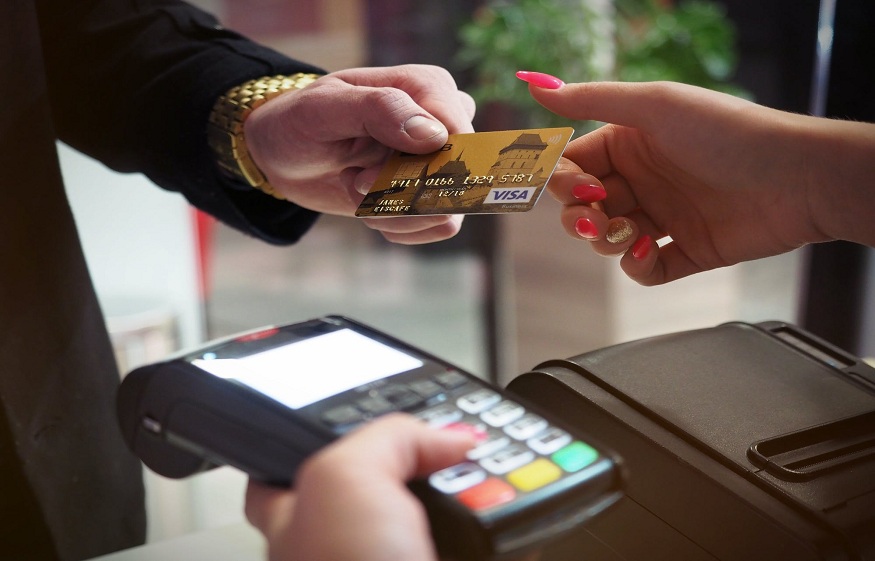Common Mistakes to Avoid While Making Credit Card Bill Payments
 Credit cards provide unmatched convenience for managing expenses and even short-term financing needs. However, given high penalty charges or interest costs of delayed payments, cardholders must remain vigilant about paying their credit card bills fully and on time. Even inadvertent errors like incorrect payment dates, relying solely on auto-debits or not checking billing disputes efficiently can prove costly.
Credit cards provide unmatched convenience for managing expenses and even short-term financing needs. However, given high penalty charges or interest costs of delayed payments, cardholders must remain vigilant about paying their credit card bills fully and on time. Even inadvertent errors like incorrect payment dates, relying solely on auto-debits or not checking billing disputes efficiently can prove costly.
This article examines the most common oversights credit card users in India make during the simple-seeming bill payment process. If not corrected promptly, these oversights can trigger monetary losses and a stained credit history. Understanding and proactively avoiding these errors is key to responsibly optimising credit card benefits without hassles.
Major Slips to Avoid When Clearing Credit Card Dues
Here are some of the common mistakes that you should keep in mind while making your credit card bill payment:
1. Not Tracking Due Date for Monthly Payments
Missing due dates is the biggest mistake many cardholders make – unintentionally or owing to oversight. This causes exorbitant late payment charges ranging from 2% to 3% of the total outstanding.
So, for best results, mark payment due dates on calendars or set phone reminders at least five days before to avoid losing track.
2. Relying Completely on the Auto Debit Facility
Overdependence on the auto-debit feature for bill payments can also prove disastrous. Technical glitches, changes in card details, or insufficient account balance on auto-debit dates can lead to failed payments, meaning huge penalties despite good intentions.
So, always track credit card accounts actively to confirm successful monthly payments from your bank account, even if you enrol for automatic deductions as a backup.
3. Errors in Capturing Billing Amounts
Data entry mistakes when manually settling dues via NetBanking or wrongly capturing the bill amount while setting up standing instructions lead to underpayments, again attracting interest costs on unpaid sums automatically.
So, double-check figures entered while making online transfers or bill desk payments to avoid shortfalls due to accidental keystroke errors.
4. Not Factoring Month-end Spends
Another standard error is overlooking purchases made in the closing days post-bill generation, which are carried forward. If the month-end spend variation is high or travel/medical emergencies trigger extra purchases, account for these while determining the payment amount to avoid penalties.
To limit interest costs on billed amounts, refer to SMS alerts on usage limits before making additional payments, along with standard bill amounts.
5. Not Informing the Bank About Overseas Trips
Planning overseas holidays or business trips? Remember to inform card providers about travel dates to avoid international payment authorisations being declined due to suspicion of fraudulent use, which can lead to global embarrassment.
During lengthy foreign stints, SIM retention or location continuity proofs may be needed to keep cards active overseas.
6. Disputes and Wrong Charges Overlooked
Scan statements thoroughly and immediately flag suspicious, inaccurate, or erroneous charges to card issuers via SMS/email instead of carrying them over to the next billing cycle. Bill desk disputes need to be raised quickly within 60-90 days as per card company policies; otherwise, you lose leverage for getting charges reversed. Never postpone dispute redressal, assuming auto fix next month.
Conclusion
Avoiding standard yet elementary credit card payment mistakes, like not marking due dates or reviewing card accounts regularly, takes little effort. Still, it reaps rich dividends by helping minimise steep interest costs, penalties, or credit score impact. Proactively tracking billing cycles, discrepancies, disputes, prudent usage, and well-timed payments makes you an innovative and responsible cardholder able to optimise the power of credit responsibly.
